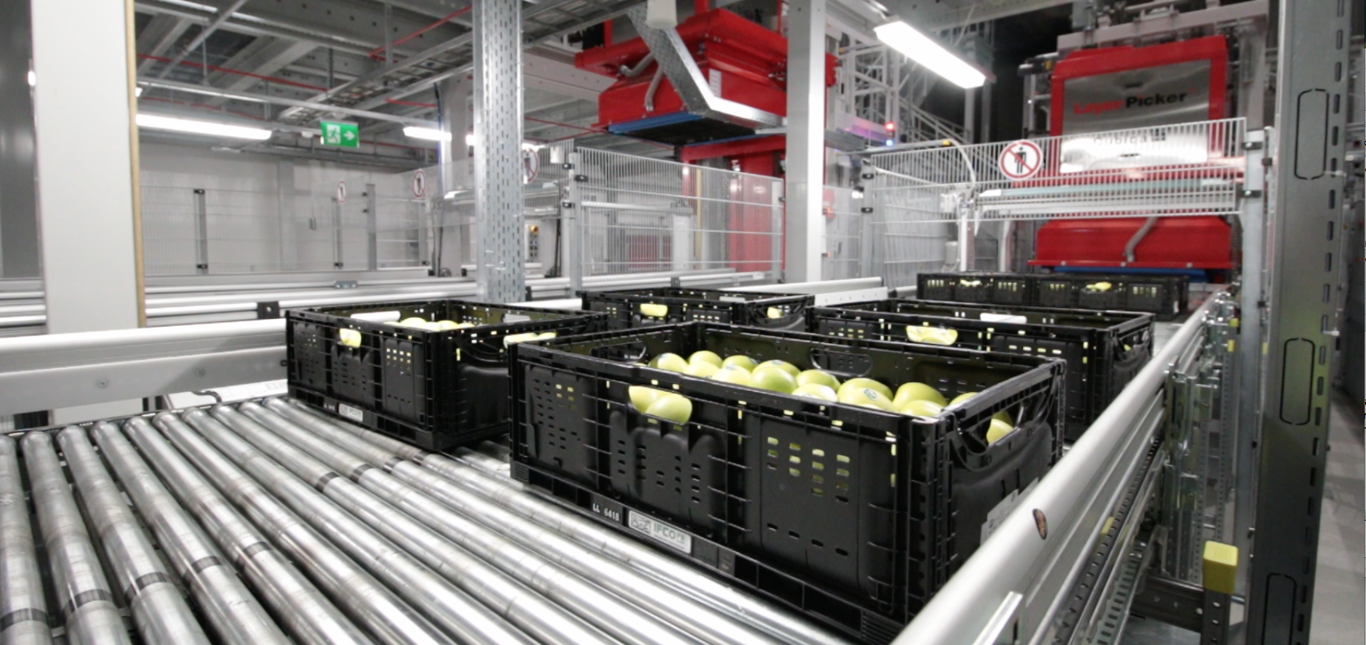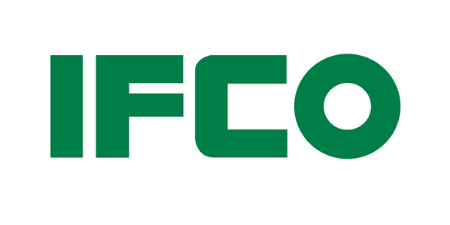
Dr. Julian zu Putlitz, CFO IFCO SYSTEMS GROUP
A leading global provider of reusable packaging solutions for fresh foods
IFCO was acquired by Triton Fund V and Luxinva, a wholly-owned subsidiary of the Abu Dhabi Investment Authority ADIA in May 2019
IFCO is a leading global provider of reusable packaging solutions for fresh foods, serving customers in more than 50 countries. IFCO operates a pool of over 290 million Reusable Plastic Containers (RPCs) globally, which are used for over 1.3 billion shipments of fresh fruits and vegetables, meat, poultry, seafood, eggs, bread, and other items from suppliers to grocery retailers every year. IFCO RPCs deliver an optimized food supply chain by preserving product freshness and quality, saving costs, reducing spoilage and being more environmentally friendly than disposable packaging.
Highlighted ESG Activities
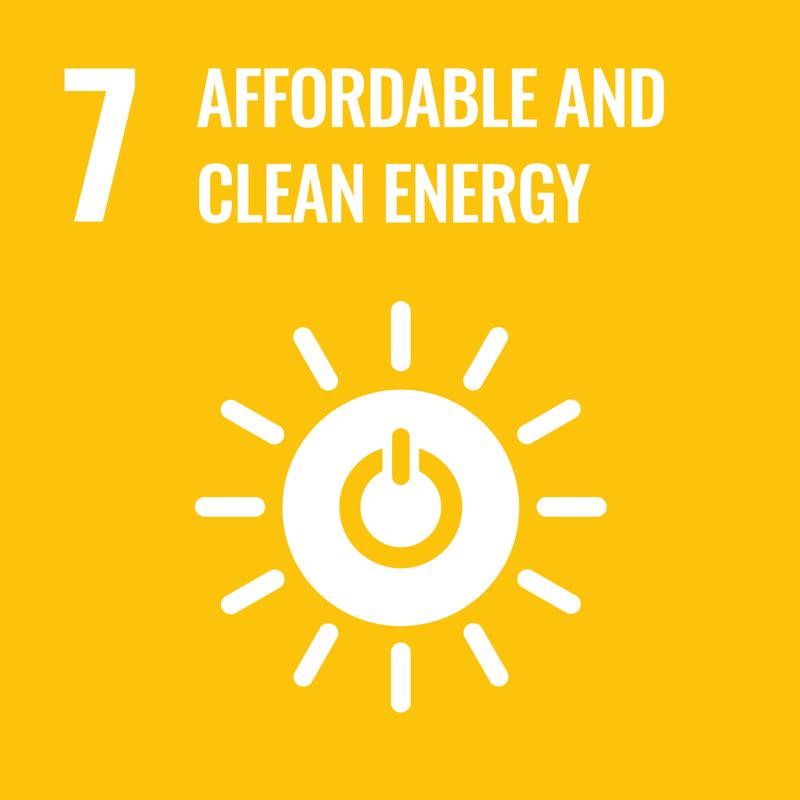
IFCO’s products are based on circular economy principles which support the continuous reuse of Reusable Plastic Containers (RPCs). Through the sharing and reuse of packaging, RPCs have lower energy intensity than single-use alternatives. Compared with single-use packaging, IFCO RPCs use 64% less energy.
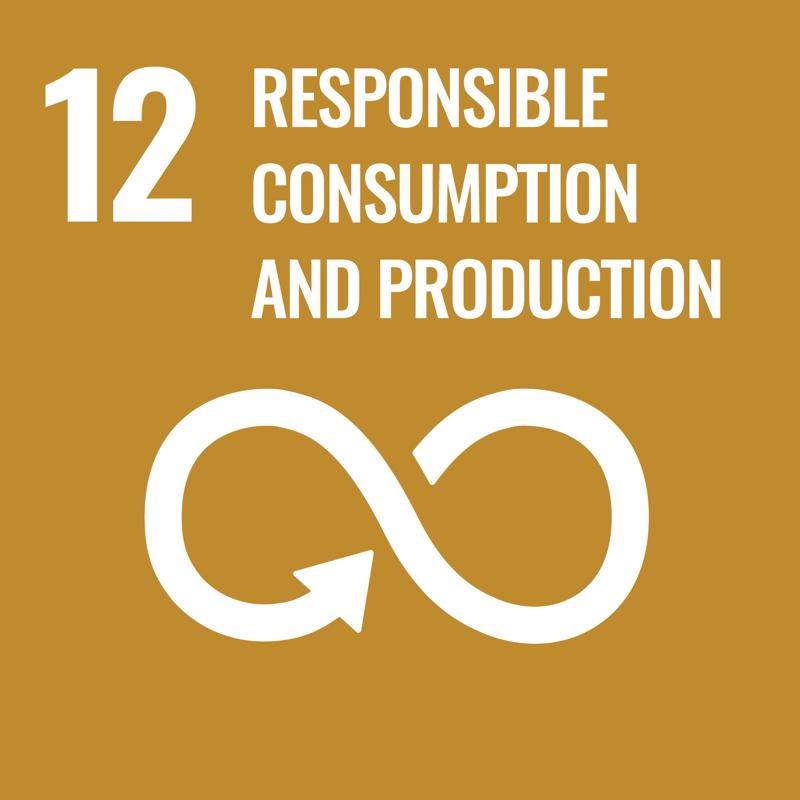
Reusable Plastic Containers (RPCs) help to reduce food waste by offering increased protection to fresh produce relative to other packaging. RPCs also contribute to a longer shelf life of fresh foods through their improved ventilation and robustness. Additionally, after more than ten years of use, the material in each RPC is repurposed into a new RPC, supporting the circular economy.
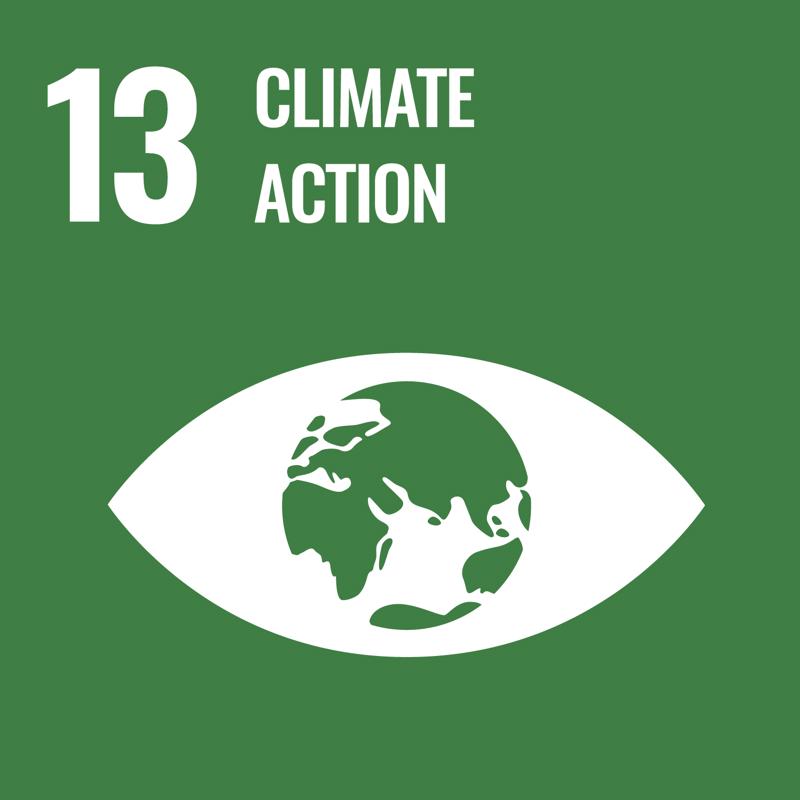
Reusable Plastic Containers (RPCs) enable the sharing and reuse of packaging. This means they are less resource-intensive to manufacture than single-use alternatives. Compared with single-use packaging, IFCO RPCs produce up to 60% less CO2 emissions. They also indirectly contribute to further emissions reductions by reducing food waste.
